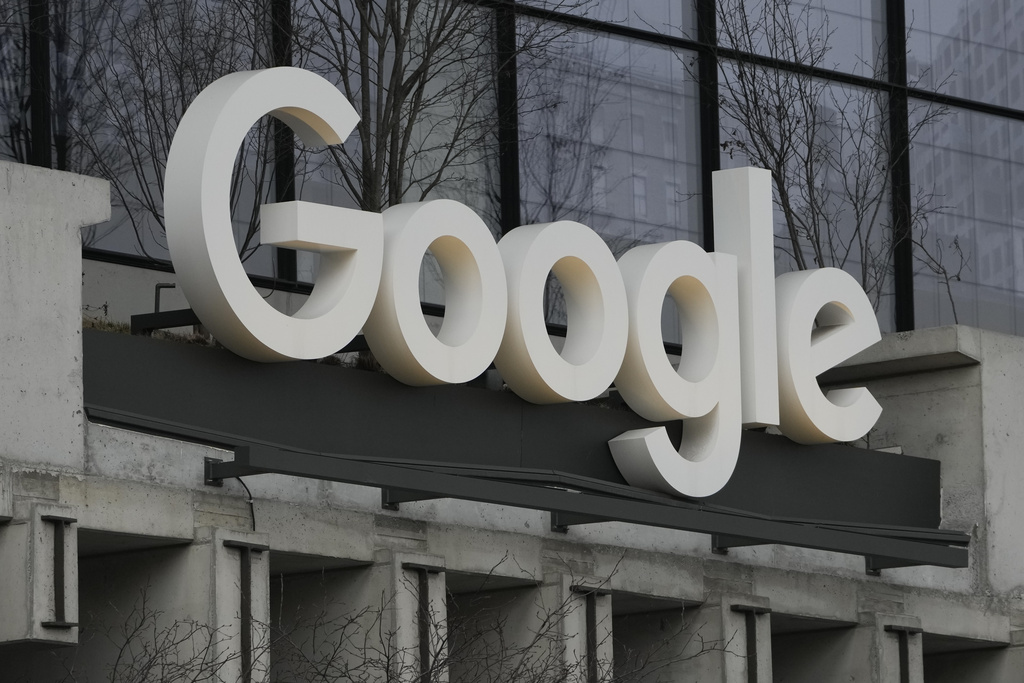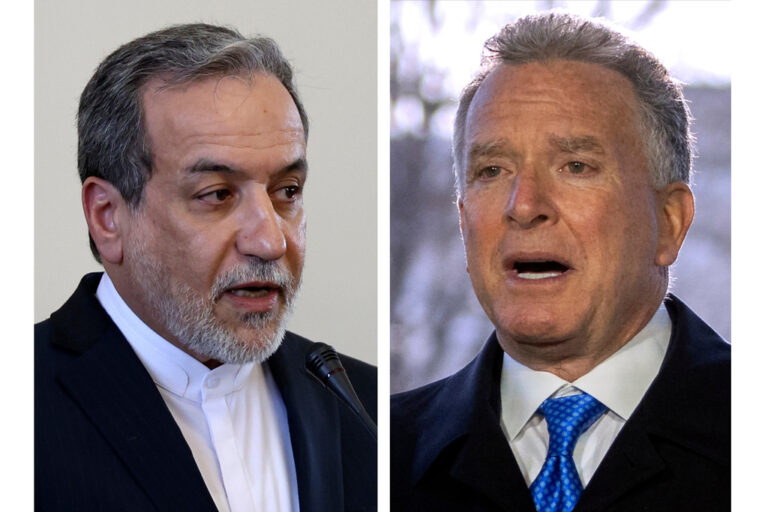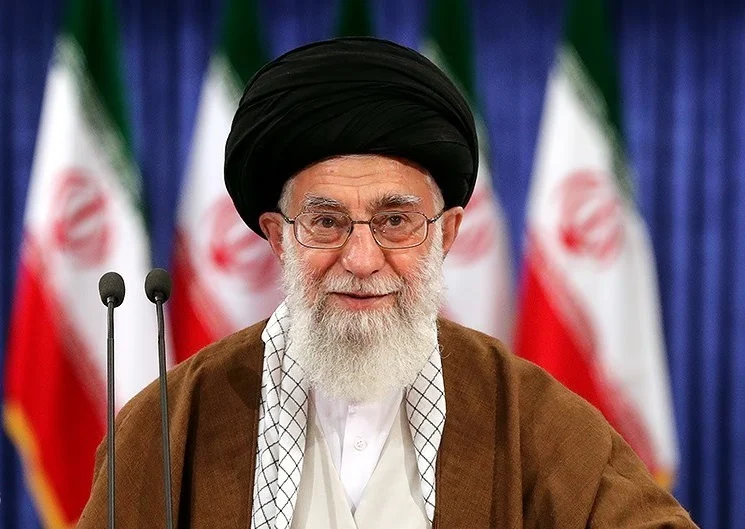The U.S. Department of Justice is considering asking a federal judge to break up Google after its ubiquitous search engine was declared an illegal monopoly, but it is just one of many possible remedies under review, according to a court filing.
In court papers filed late Tuesday, government lawyers outlined a series of potential remedies it may pursue, including restrictions on how Google’s artificial intelligence mines other websites to deliver search results, and blocking Google from paying companies like Apple billions of dollars annually to ensure that Google is the default search engine presented to consumers on gadgets like iPhones.
Tuesday’s filing is the first step in a monthslong legal process to come up with remedies that could reshape a company that’s long been synonymous with online search.
“For more than a decade, Google has controlled the most popular distribution channels, leaving rivals with little-to-no incentive to compete for users,” the antitrust enforcers wrote in the filing. “Fully remedying these harms requires not only ending Google’s control of distribution today, but also ensuring Google cannot control the distribution of tomorrow.”
U.S. District Judge Amit Mehta r uled in August that Google’s search engine has been illegally exploiting the dominance of its search engine to squash competition and stifle innovation. He has outlined a timeline for a trial on the proposed remedies next spring and plans to issue a decision by August 2025.
The court filing is the first time that the government has given any indication of the types of remedies it will pursue, but under the meticulous approach ordered by Mehta, the government may ultimately opt not to pursue remedies like divestiture.
The Justice Department will conduct discovery over the coming weeks and put forth a more detailed proposal next month.
Lee-Anne Mulholland, Google’s vice president of regulatory affairs, said in response to the filing that the Department of Justice was “already signaling requests that go far beyond the specific legal issues” in this case. “Government overreach in a fast-moving industry may have negative unintended consequences for American innovation and America’s consumers.”
Google has already said it plans to appeal Mehta’s ruling, but the tech giant must wait until he finalizes a remedy before doing so. The appeals process could take as long as five years, predicts George Hay, a law professor at Cornell University who was the chief economist for the Justice Department’s antitrust division for most of the 1970s.
During a lengthy trial in Washington, much of the evidence centered on deals Google made with other tech companies to ensure that Google is the default search engine on consumer technology. In 2021 alone, Google spent more than $26 billion to lock in those default agreements, according to trial testimony.
As a result, much of the speculation about potential remedies has focused on whether Google would be barred from making such deals. In Tuesday’s filing, lawyers referred to those distribution deals as a “starting point for addressing Google’s unlawful conduct.”
To that end, the department said it is also considering asking for structural changes to stop Google from leveraging products such as its Chrome browser, Android operating system, AI products or app store to benefit its search business.
“We’ve invested billions of dollars in Chrome and Android,” Mulholland wrote. “Breaking them off would change their business models, raise the cost of devices, and undermine Android and Google Play in their robust competition with Apple’s iPhone and App Store.”
Another proposal floated by the government allowing companies to opt out of having their information used by Google when it delivers AI-enhanced responses to consumers’ search queries.
“Google’s ability to leverage its monopoly power to feed artificial intelligence features is an emerging barrier to competition and risks further entrenching Google’s dominance,” government lawyers wrote.
Google’s blog post response noted that artificial intelligence is a rapidly emerging technology that is the subject of fierce competition in the commercial market.
“There are enormous risks to the government putting its thumb on the scale of this vital industry,” Mulholland wrote.
After the government submits its more detailed proposal next month for how to tackle Google’s anticompetitive practices. Google in turn will offer its own ideas for how to make fixes in December. Prosecutors will then make their final proposal in March 2025.
Google has been facing intensifying regulatory pressure on both sides of the Atlantic, with European Union antitrust enforcers also suggesting that breaking up the company is the only way to satisfy competition concerns about its digital ad business.
On Monday a federal judge ordered Google to open up its Android app store to competition as punishment for maintaining an illegal monopoly in that market. And a federal judge in Virginia is weighing whether Google holds an illegal monopoly in the online advertising technology.
(AP)












One Response
They may start charging for GPS service